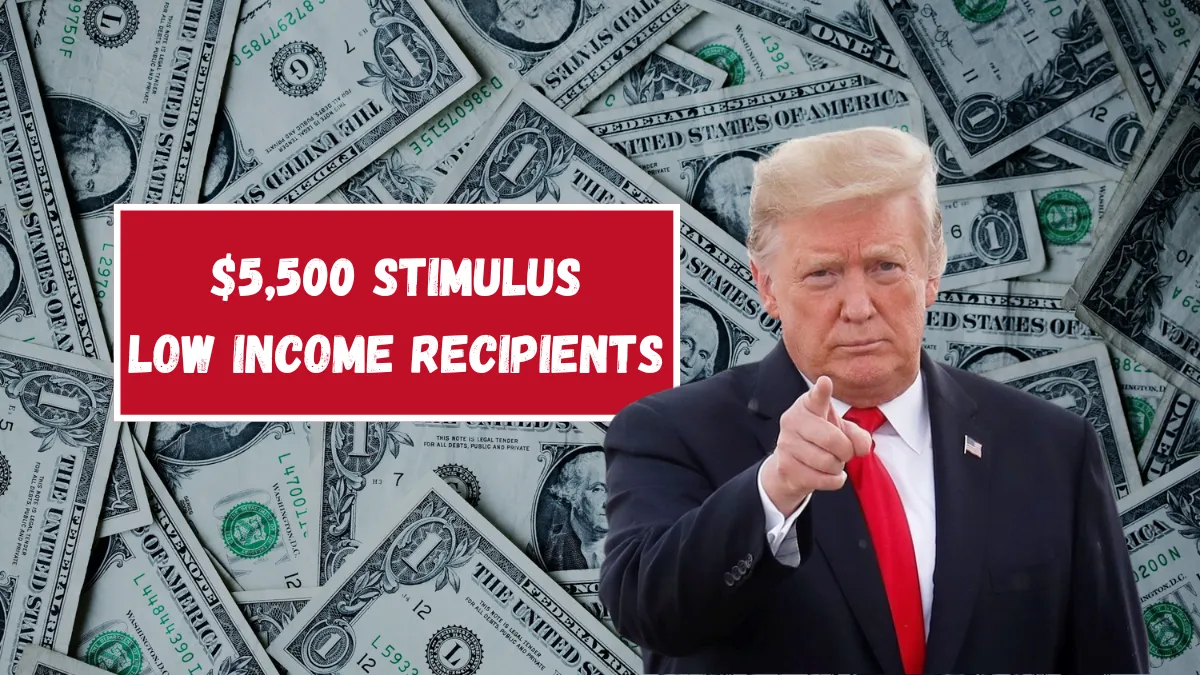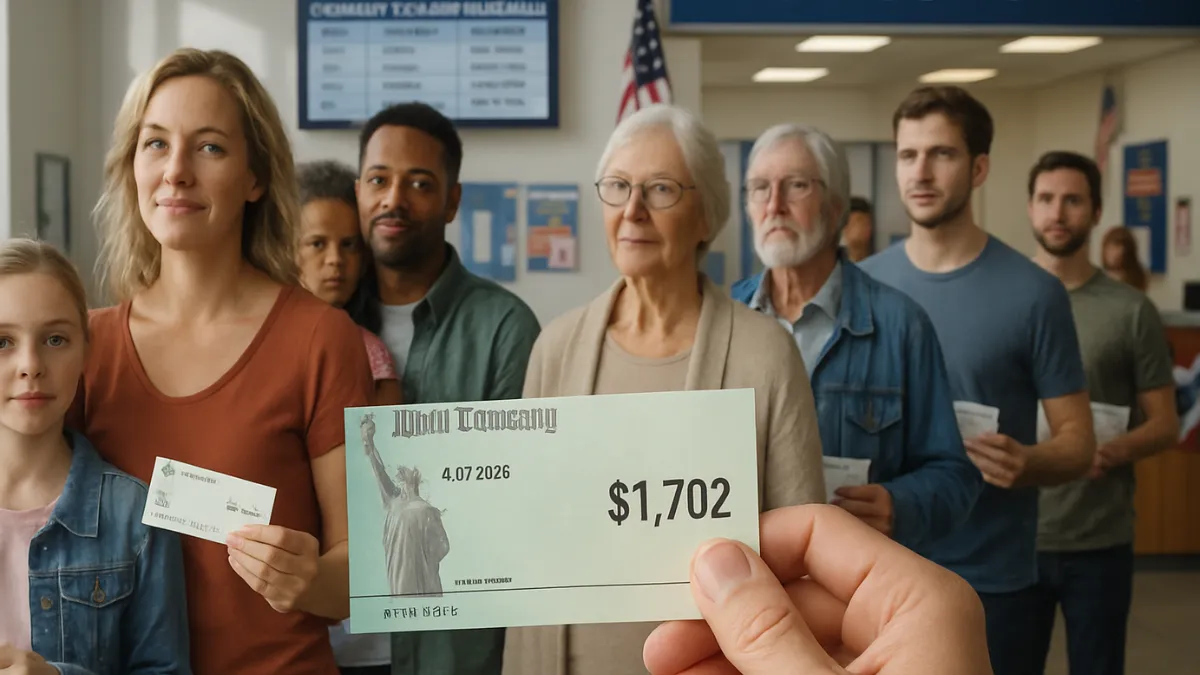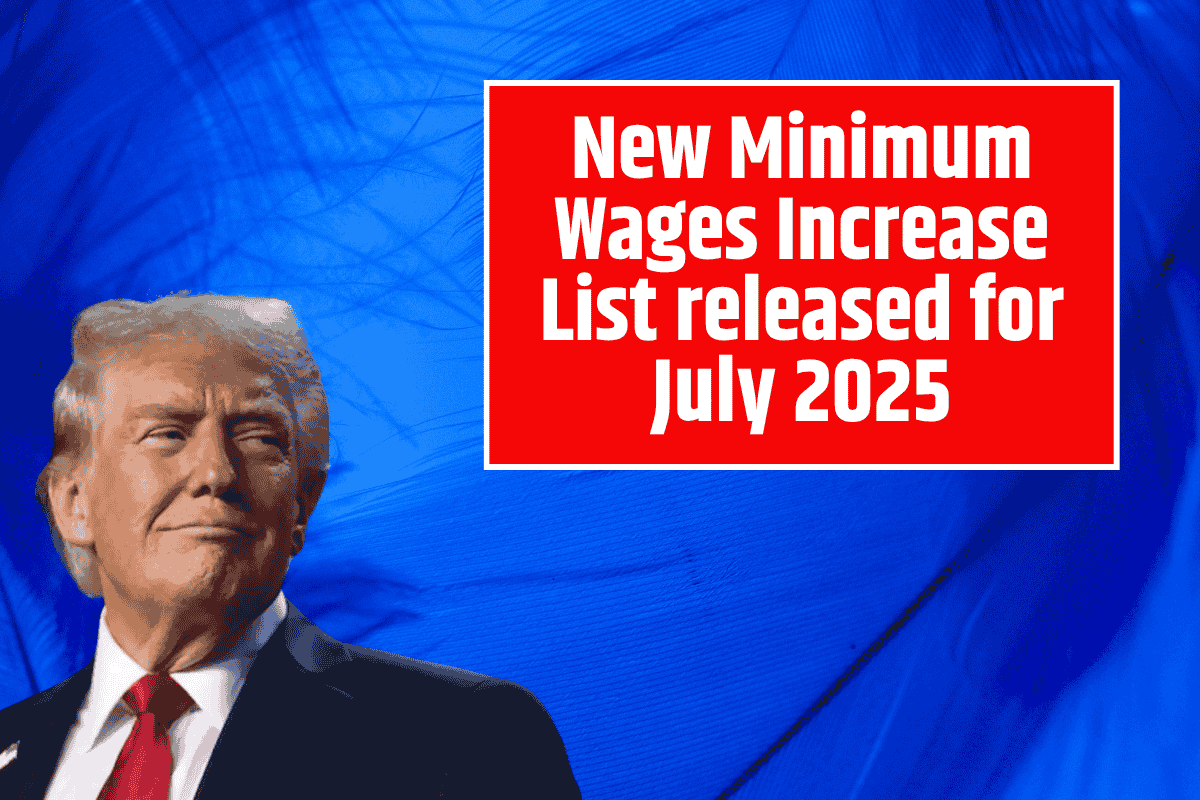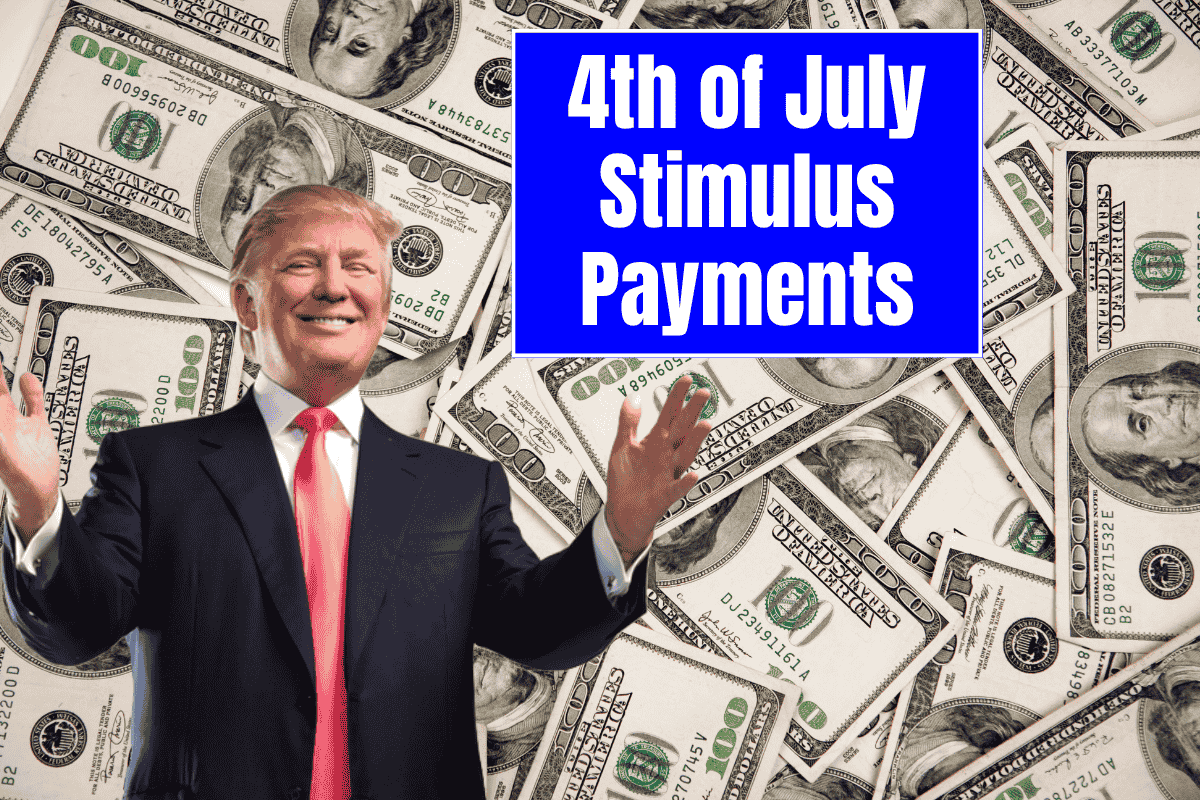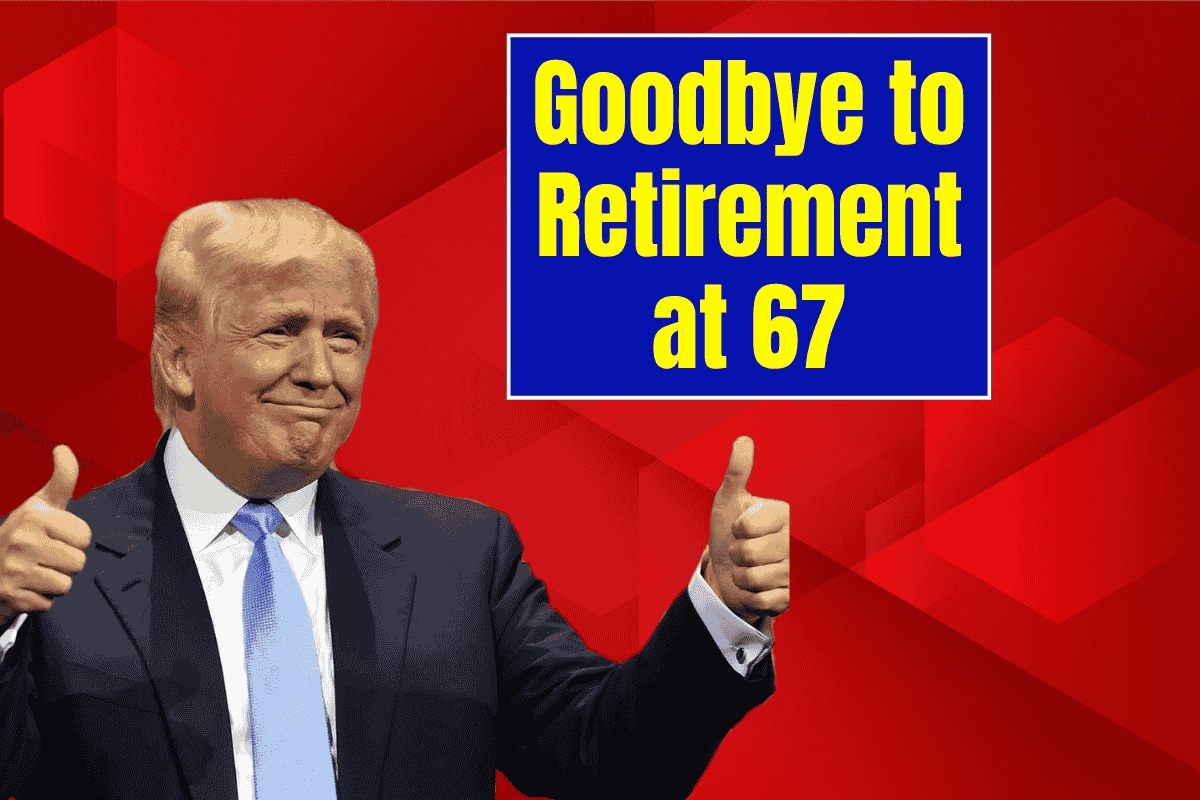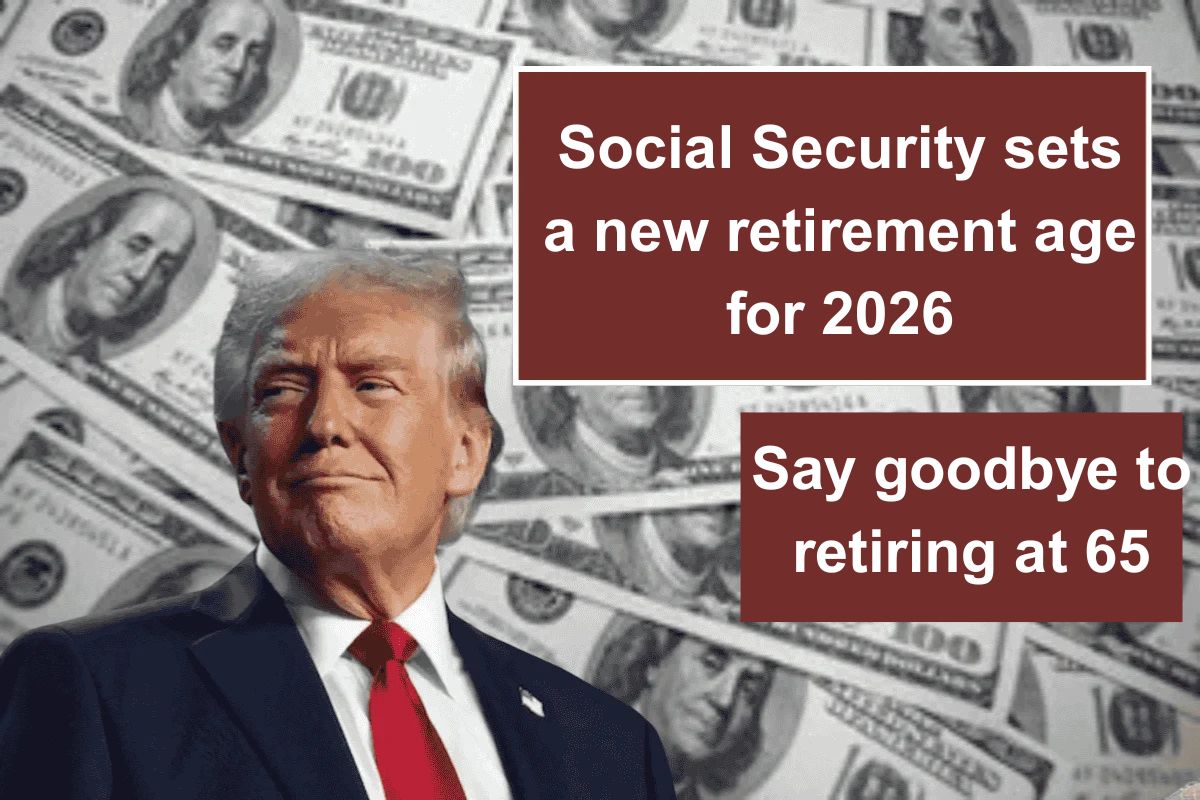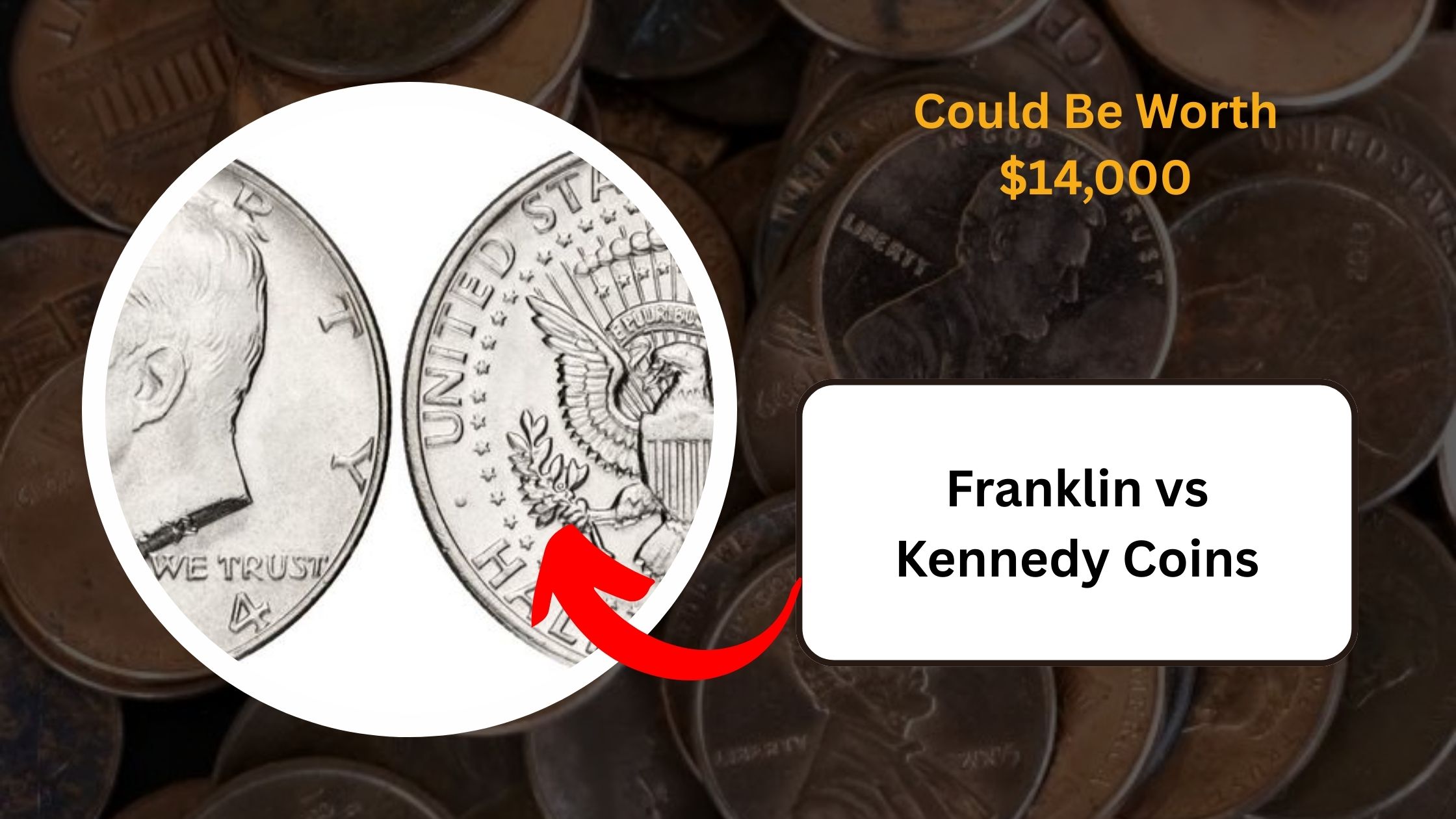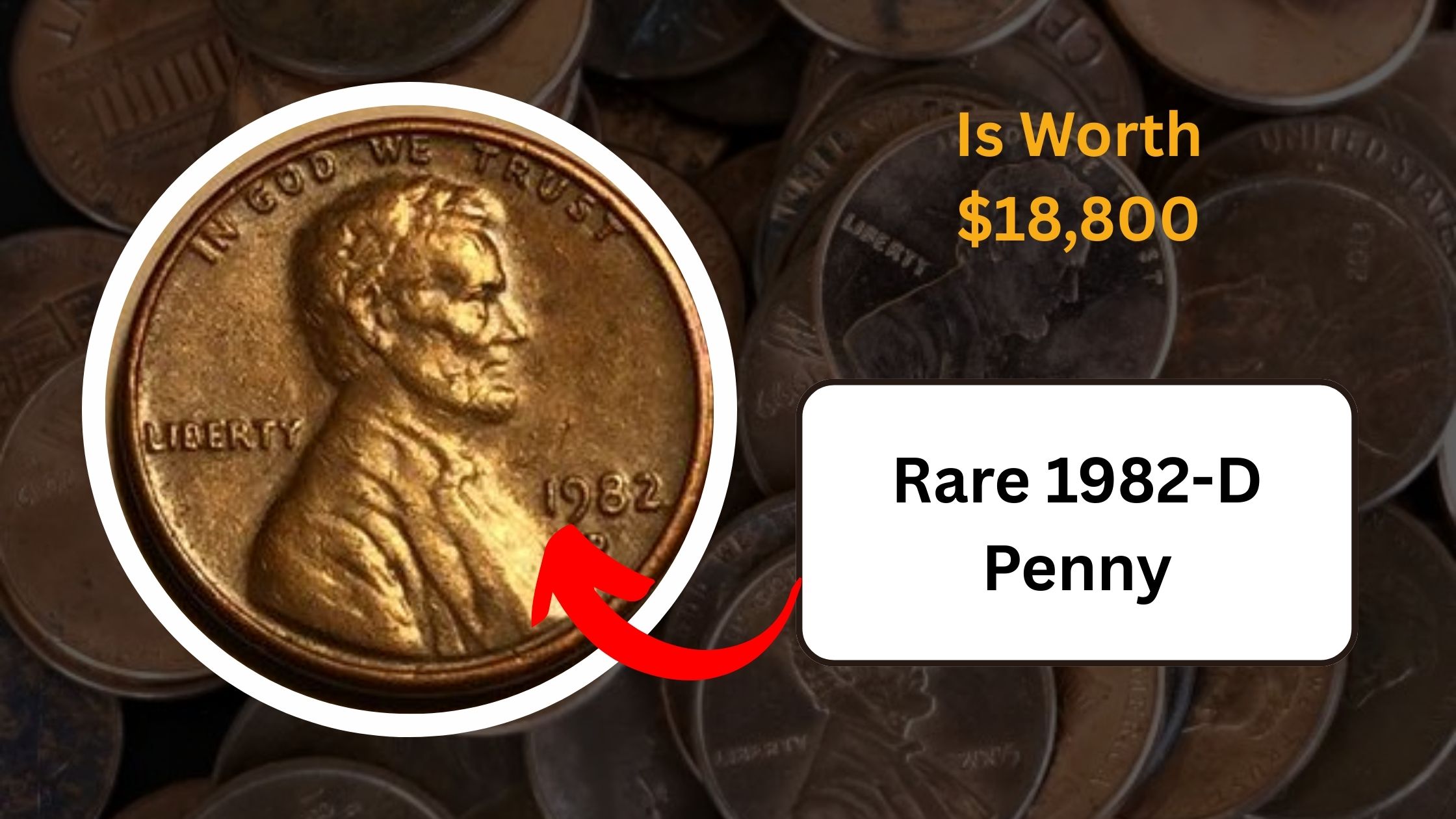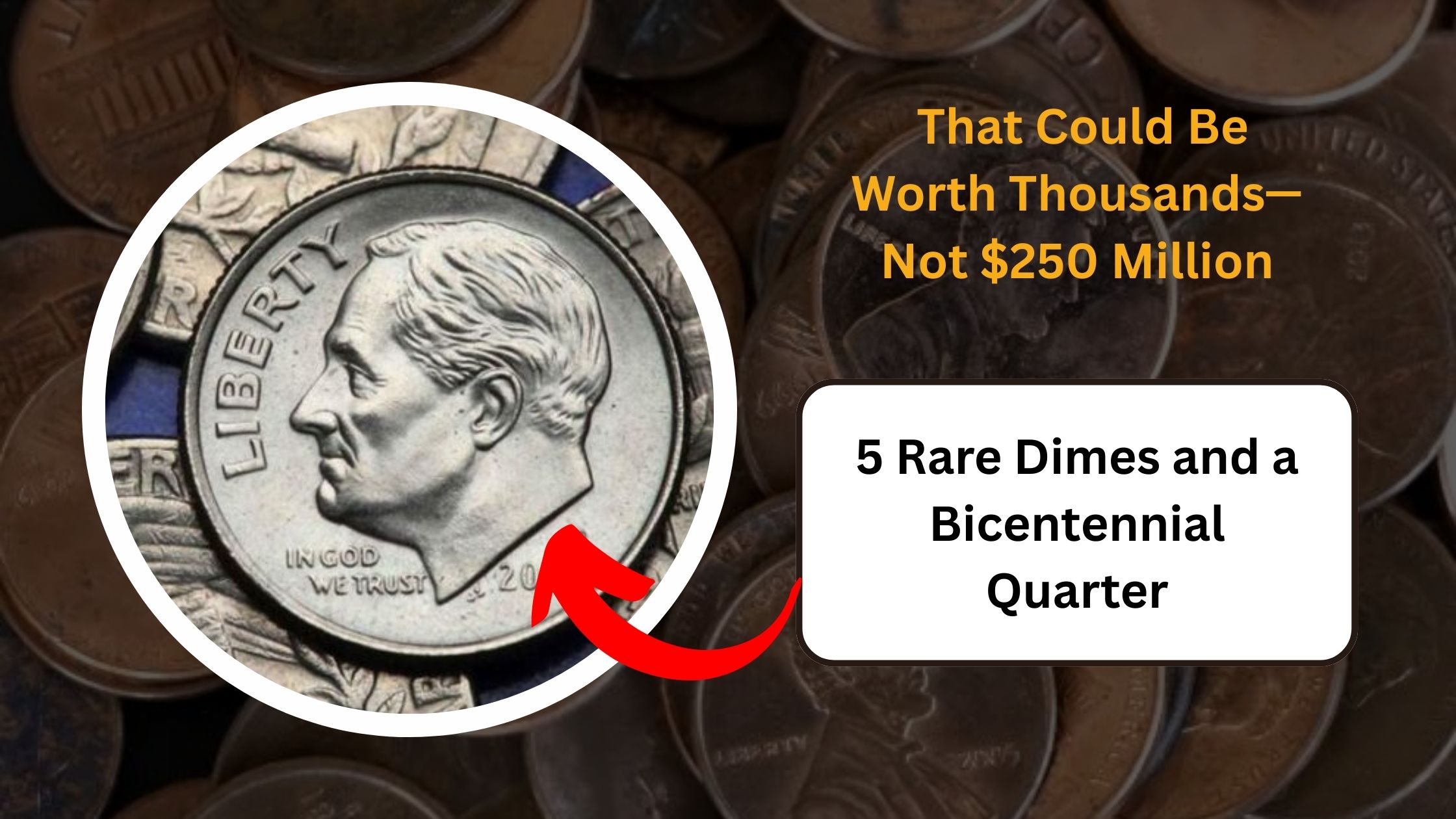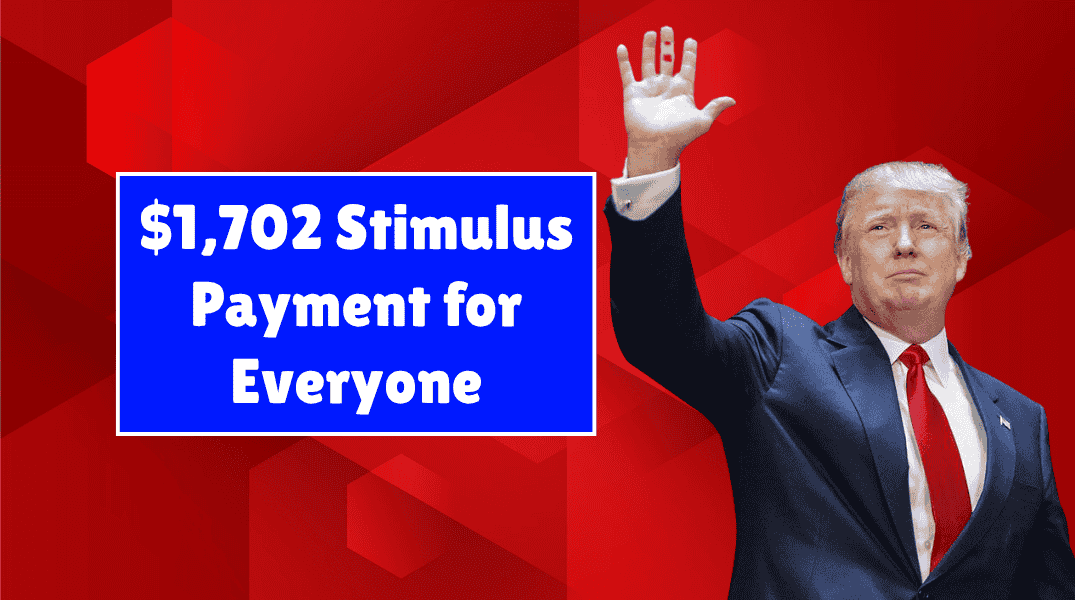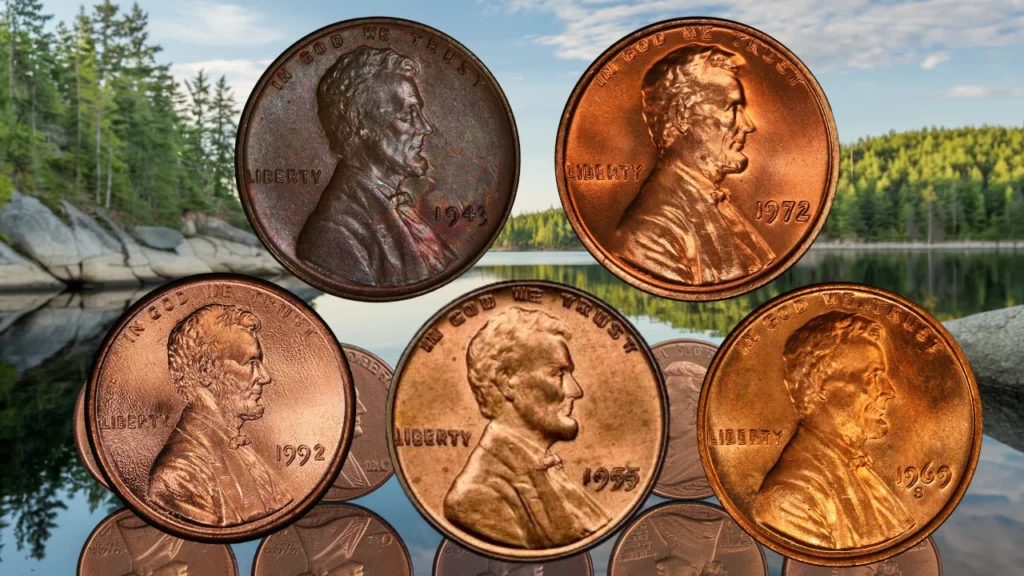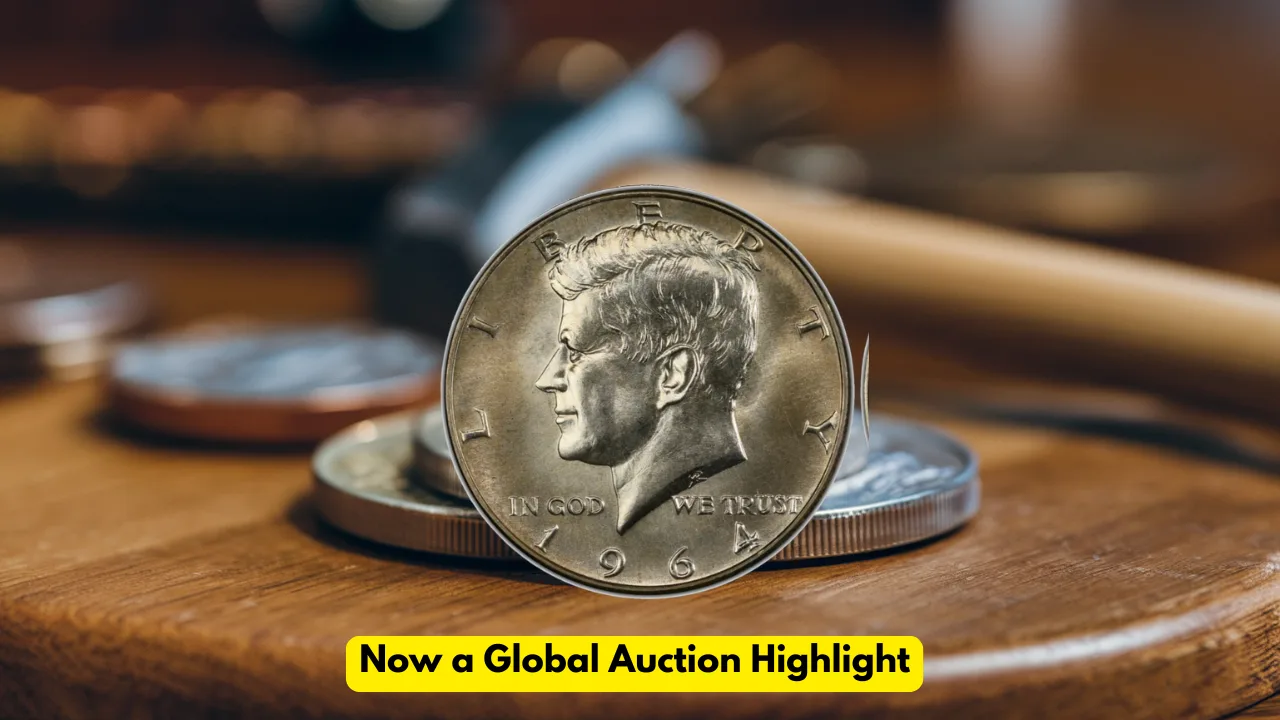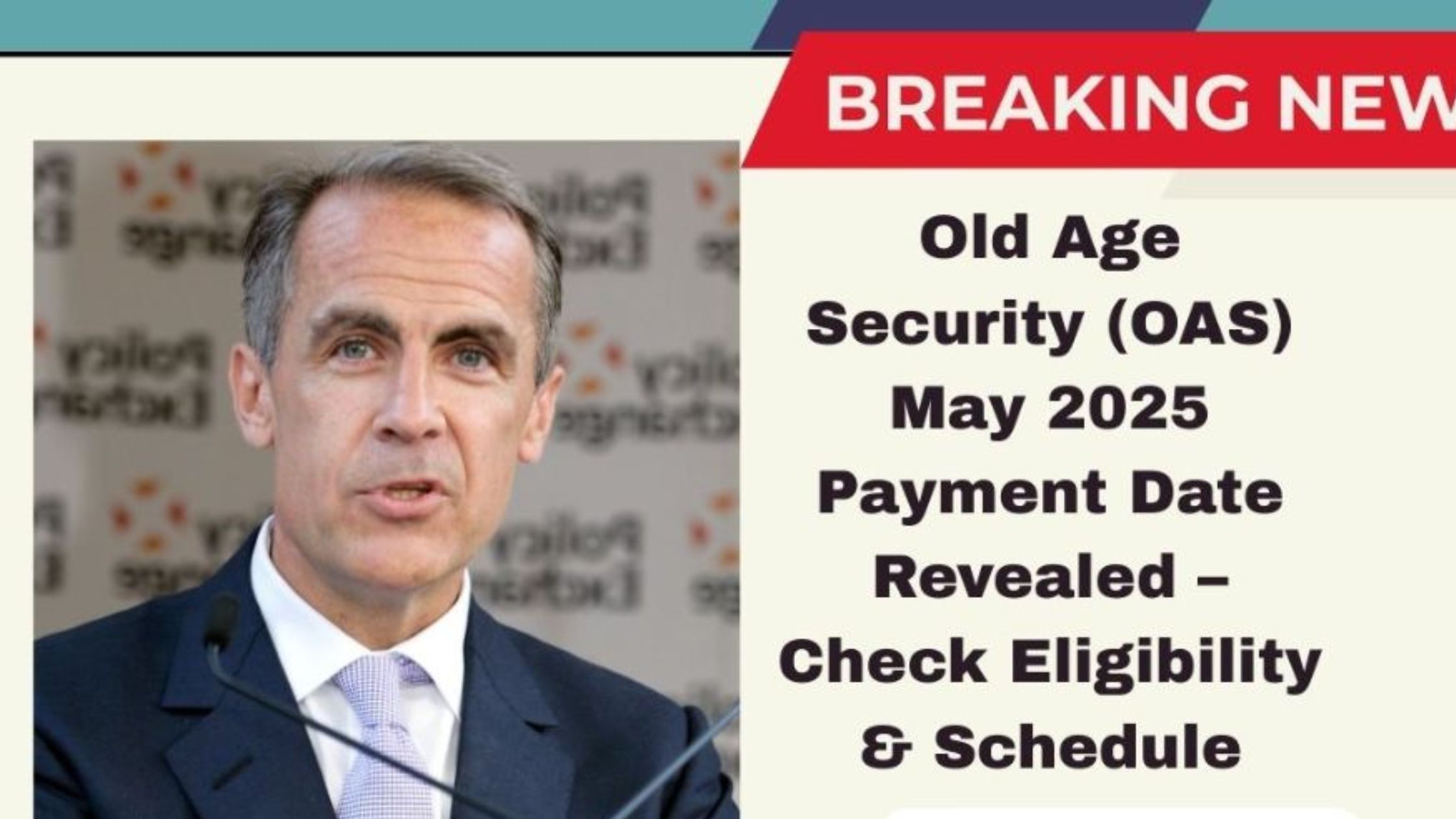Bicentennial Quarters, made in 1975 and 1976, were created to celebrate America’s 200th birthday. While most of them are only worth 25 cents, some rare ones can be worth thousands of dollars.
Here’s how to spot seven valuable Bicentennial Quarters that could be hiding in your change.
1. 1976-S Silver Proof Bicentennial Quarter
Value: Up to $3,500
Why it’s special: This coin was made in San Francisco and contains 40% silver, giving it a shiny, mirror-like finish.
How to spot it: Look for an “S” mint mark and a bright proof finish.
2. 1976-D Double Die Obverse (DDO) Quarter
Value: Up to $8,400
Why it’s special: This coin has a minting error—some letters like “LIBERTY” and “IN GOD WE TRUST” look doubled.
How to spot it: Use a magnifying glass to check the letters for doubling.
3. Double Denomination Quarter (Struck on a Dime)
Value: Sold for $9,200 in 2020
Why it’s special: It was accidentally made on a dime instead of a quarter.
How to spot it: The coin will look smaller than normal and show strange design overlaps.
4. 1976-S Silver Bicentennial Business Strike Quarter
Value: Sold for $19,200
Why it’s special: This is another 40% silver coin, but made for circulation—not just for proof sets.
How to spot it: Look for the “S” mint mark and check if it’s silver (a specialist or test kit can help).
5. 1976-D Clad Regular Strike in High Grade
Value: Sold for $6,463 in 2017
Why it’s special: Most quarters are worn from use, but this one was found in almost perfect condition.
How to spot it: If it looks brand new with no scratches, it might be worth grading.
6. 1976-S Clad Proof Bicentennial Quarter
Value: Sold for $6,038 in 2010
Why it’s special: It has a high-detail proof finish, but it’s not silver.
How to spot it: Look for an “S” mint mark and a clean, mirror-like surface.
7. 1976-S Silver Proof Deep Cameo Quarter
Value: Sold for $2,760 in 2007
Why it’s special: The deep cameo finish gives the design a sharp contrast with a frosty image and a mirror background.
How to spot it: Look for deep contrasts between the design and the background.
7 Valuable Bicentennial Quarters
| Quarter Type | Value Range | Notable Features |
|---|---|---|
| 1976-S Silver Proof Quarter | Up to $3,500 | 40% Silver, Proof Finish |
| 1976-D Double Die Obverse (DDO) | Up to $8,400 | Doubling on Inscriptions |
| Double Denomination Quarter | Sold for $9,200 | Struck on a Dime Planchet |
| 1976-S Silver Business Strike | Sold for $19,200 | 40% Silver, Limited Production |
| 1976-D Clad Regular Strike (MS67+) | Sold for $6,463 | High Grade, Scarce Condition |
| 1976-S Clad Proof Quarter | Sold for $6,038 | Proof Finish, High Detail |
| 1976-S Silver Proof Deep Cameo | Sold for $2,760 | Deep Cameo Contrast |
How to Identify Valuable Bicentennial Quarters
Mint Marks: Check for “S” (San Francisco) or “D” (Denver) mint marks.
Composition: Coins with 40% silver are more valuable.
Errors: Look for mistakes like double dies or coins struck on the wrong planchet.
Condition: High-grade coins are worth more. Use PCGS or NGC grading services to find out.
Market Trends: Keep an eye on auctions to see what collectors are paying.
Conclusion
Some Bicentennial Quarters are more than just spare change. With a little knowledge and attention to detail, you could discover a coin worth thousands of dollars. Whether it’s a silver proof, an error coin, or one in excellent condition, these hidden gems can turn your pocket change into a serious payday.
Let me know if you’d like a meta description, suggested permalink, post tags, or title ideas!
FAQ’s
Q1: How do I know if my Bicentennial Quarter is silver?
A: Look for an “S” mint mark and test its weight—silver quarters are heavier than clad ones.
Q2: What does a double die error look like?
A: It shows doubling on the letters or numbers, especially in “LIBERTY” or “IN GOD WE TRUST.”
Q3: Are Bicentennial Quarters from pocket change valuable?
A: Most are worth face value, but rare ones in high grade or with errors can be worth thousands.

